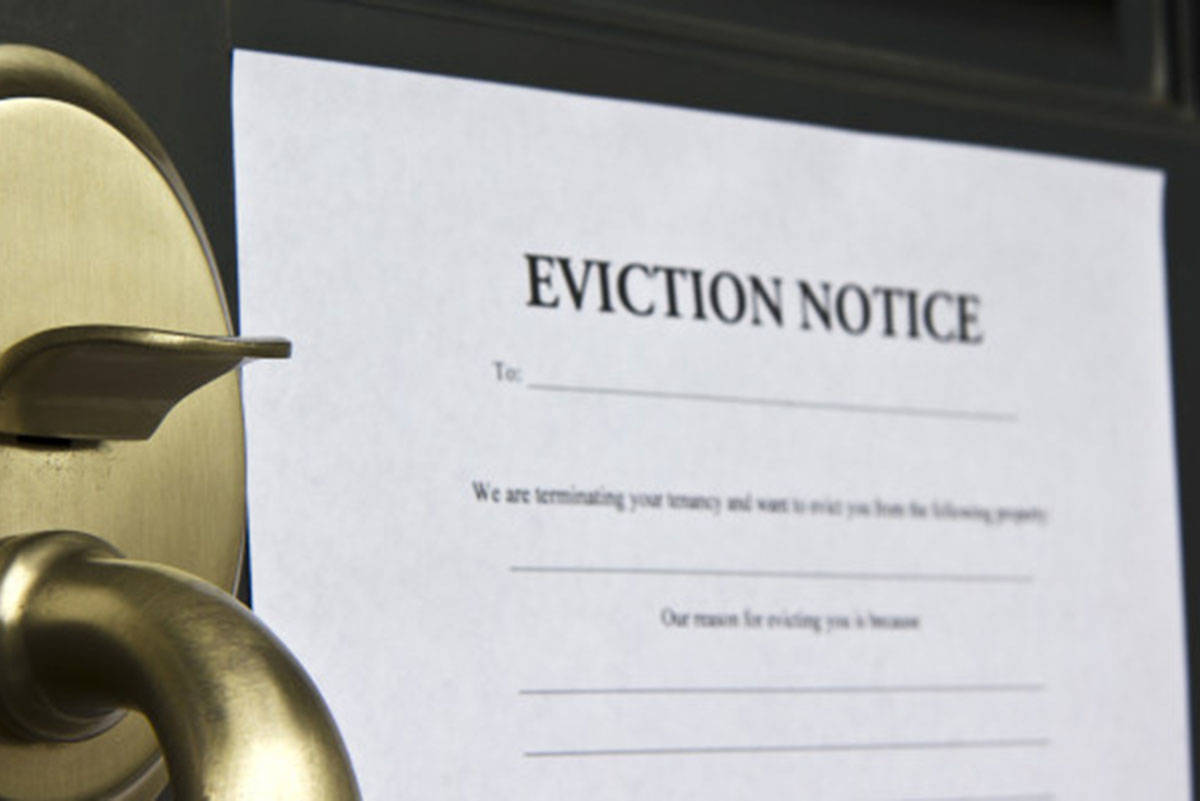Tenants in unincorporated King County won new rights after the King County Council voted to pass ordinance 2021-0131 during its meeting June 29.
Under the new ordinance, if a tenant is late on their rent, landlords can only charge 1.5% of the monthly rent as a late fee. Similarly, move-in costs are limited to one month’s rent, according to the ordinance.
The ordinance requires landlords to have a “just cause” in order to evict tenants. The just causes for which a landlord can evict a tenant include everything from failure to comply with a pay or vacate notice, to the desire to demolish the unit a tenant is renting.
The council passed the ordinance by a vote of 6-3 with Councilmembers Reagan Dunn, Pete von Reichbauer and Kathy Lambert voting no. The new protections include caps on late fees and move-in costs as well as restrictions on a landlord’s ability to evict tenants.
Prior to the vote, the council held a public hearing in which dozens of King County residents petitioned the council to vote one way or the other. The majority of those who called in were in support of the ordinance. Supporters argued there are not enough protections for tenants and they are frequently taken advantage of by landlords big and small.
“As an attorney at Housing Justice Project who represents tenants, some of the worst behavior I’ve seen comes from landlords who are so-called ‘mom and pop’ landlords who are often more involved with the property than large landlords and are in a position where they are more able to harass tenants into fleeing their homes without justification,” James Satterberg said during the public hearing.
Opponents of the ordinance claimed new regulations would push small landlords out of business and lead them to sell their units, reducing the availability of housing for rent and causing rent to increase.
“I represent 5,000 small landlords. I ask you to vote no on this ordinance. This ordinance sends a strong message to the community that housing providers aren’t valued as a partner,” Jim Henderson said. “Regulations that restrict a housing provider’s ability to maintain their properties reduces housing choices by pushing small landlords out of the market.”
In a win for tenant rights advocates, an amendment proposed by Council Vice Chair Reagan Dunn that would have excluded landlords who own four or fewer units from the new regulations was shot down by a vote of 6-3.
Tenant rights advocates argued that the amendment proposed by Dunn would create a loophole where large property owners could create several shell companies to make it look like they only owned four or fewer units, thus avoiding the new regulations.
Council Chair Claudia Balducci said Dunn’s proposed amendment would make things confusing for tenants and that the protections should be universal regardless of how many properties a landlord owns.
These protections come during a time of financial crisis for many people in the county. The National Equity Atlas estimates that tenants in King County owe an average of $4,722 in back rent — more than any other county in the state.
In 2019, the vast majority of no-cause evictions took place in unincorporated King County, demonstrating the need for better tenant protections in areas not regulated by city government. The lack of tenant protections in King County disproportionately affects Black tenants. Despite making up only 7% of the county’s population, Black tenants accounted for one-third of all eviction filings and 23% of all no-cause evictions, according to the King County Bar Association.
Balducci summarized why the ordinance was important just before the council voted.
“Everyone deserves and needs a healthy and stable place to call home,” Balducci said.
Talk to us
Please share your story tips by emailing editor@kentreporter.com.
To share your opinion for publication, submit a letter through our website https://www.kentreporter.com/submit-letter/. Include your name, address and daytime phone number. (We’ll only publish your name and hometown.) Please keep letters to 300 words or less.

